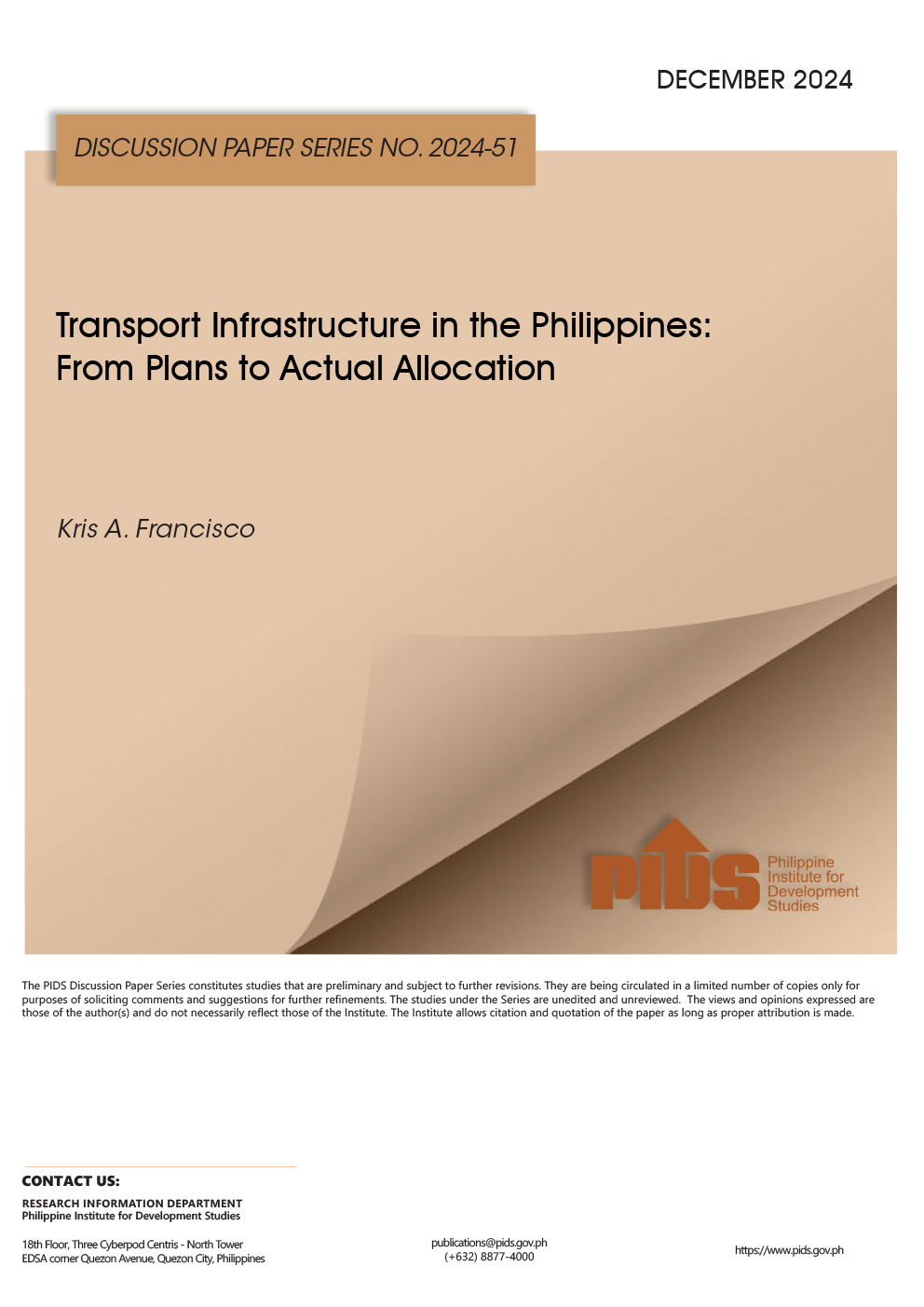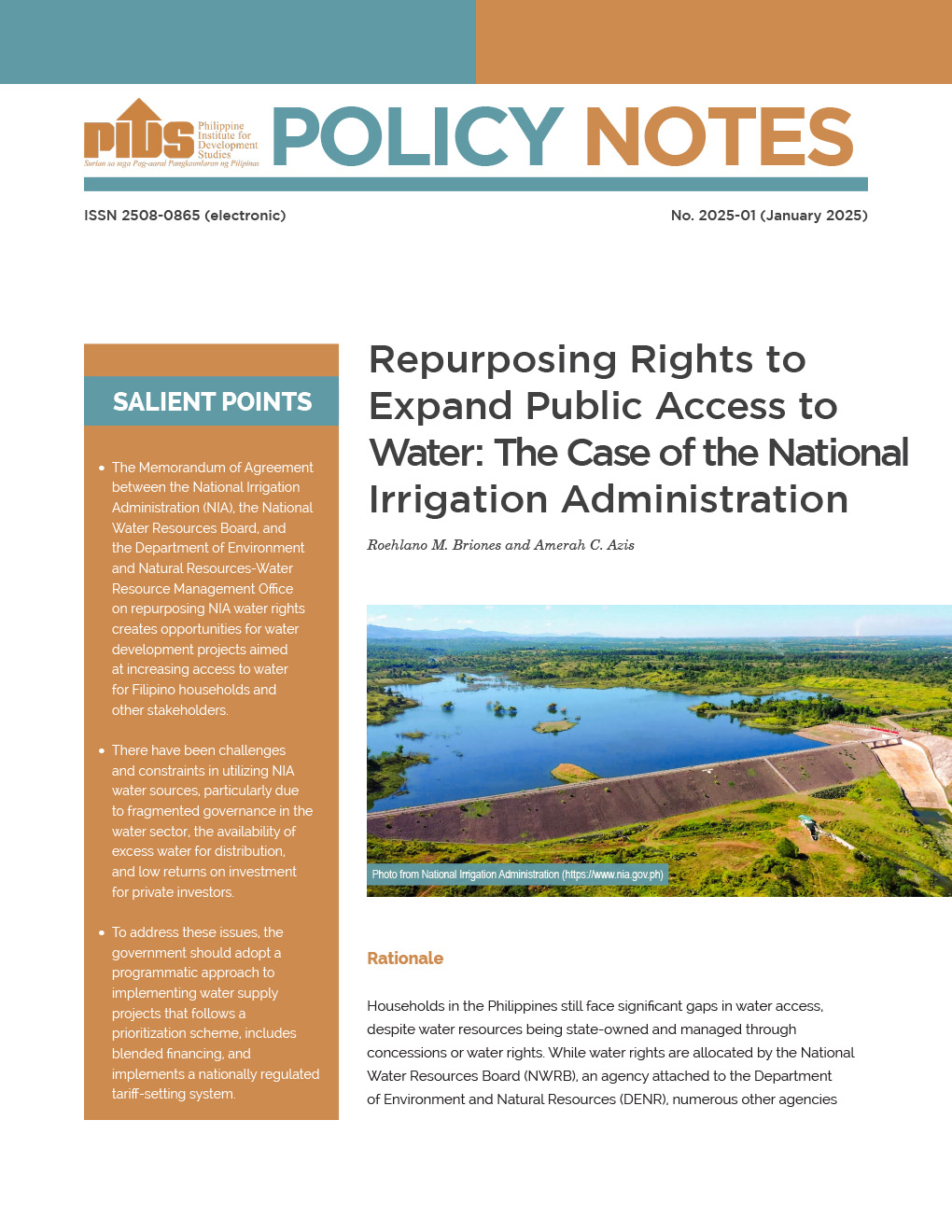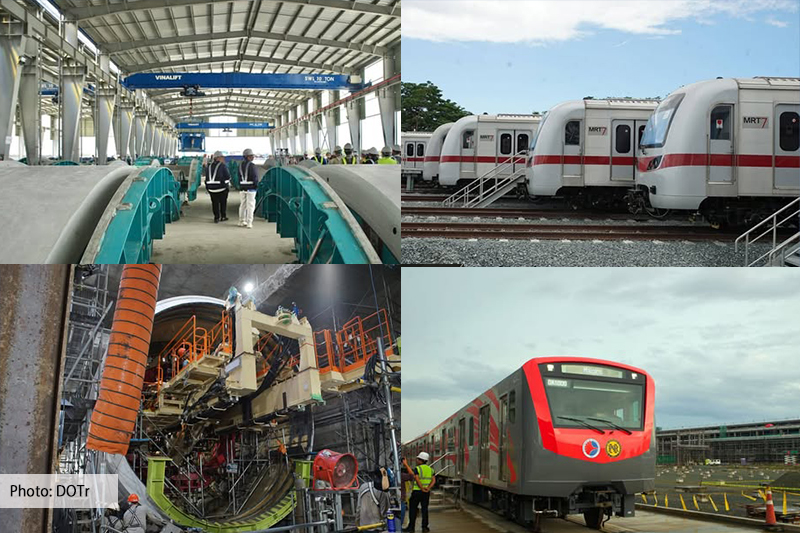MANILA, Philippines — Following the Senate's green light on the Public Services Act, Fitch Solutions is bullish that this would boost appetite for foreign direct investments, particularly in telecommunications, in the Philippines.
In a commentary on Wednesday, the Fitch unit said the country is being inhibited by its underinvested digital infrastructure, adding that allowing full foreign ownership in key industries would be good especially in the telecommunications and transport spaces, which will be classified as "public services" by the bill. Senators voted 19-3-0 to pass Senate Bill 2094.
"The country has a highly conducive environment for technological uptake but is held back by nascent digital infrastructure. Increased foreign investment in the telecoms and tech sectors will serve the growth of such assets, particularly terrestrial fibre networks where coverage is particularly limited," Fitch Solutions said.
The Fitch unit noted encouraging FDI into the country's telco industry — long dominated by PLDT Inc. and Globe Telecom Inc. — is “much-needed after years of underinvestment” despite recent reports that internet connectivity improved but has left urban poor areas with poor signal coverage. As it turns out, this was due to telco operators focusing on LTE fixed wireless access owing to its cheap “fast enough” nature, Fitch Solutions said.
"Increased FDI will fund the wider rollout of more advanced options like fibre, supporting cloud computing operations as well as boosting uptake of residential broadband packages," it added.
Fitch Solutions reckoned in its Asia-Pacific Digital Maturity Index that the Philippines' nascent digital infrastructure was “surprising” as the underdeveloped sector was surrounded by a young tech-savvy demographic, with Philippine Institute for Development Studies estimating Filipino youth to number 20 million aged 15-24 back in January 2020.
Even then, the pandemic's disruption on the domestic economy sped up the transition to cashless transactions, with Google even expecting P3.5 trillion generated from technologies created to mitigate the effects of the pandemic.
"Liberalising the environment for foreign investors is likely to encourage greater investment into maturing the country’s digital infrastructure, a requirement for tech-players looking to successfully capitalise on the Philippines’ conducive demographics," Fitch Solutions added.
Downside risks remain, however. The Fitch unit cautiously pointed out risks such as national security concerns surrounding full foreign ownership of certain firms within industries, considering the West Philippine Sea brouhaha and its proximity to tensions between China and Taiwan.
To date, these concerns have not gone unnoticed but under the Duterte administration, some firms such as Dennis Uy's DITO Telecommunity, which entered the market as third telco player, is owned 40% by state-owned China Telecom. Fitch said this could frustrate the Duterte ally's Chinese backers.
"China’s involvement in DITO sees it subject to substantial scrutiny over national security and the new legislation could therefore result in a considerable level of frustration for the Chinese-backed operator now that full foreign ownership will be permitted," Fitch said.
"Furthermore, attempts by Western parties to counter Chinese influence in the Philippines telecoms sector are now possible," it added.
Fitch unit: Liberalizing public services to benefit Philippine telcos












